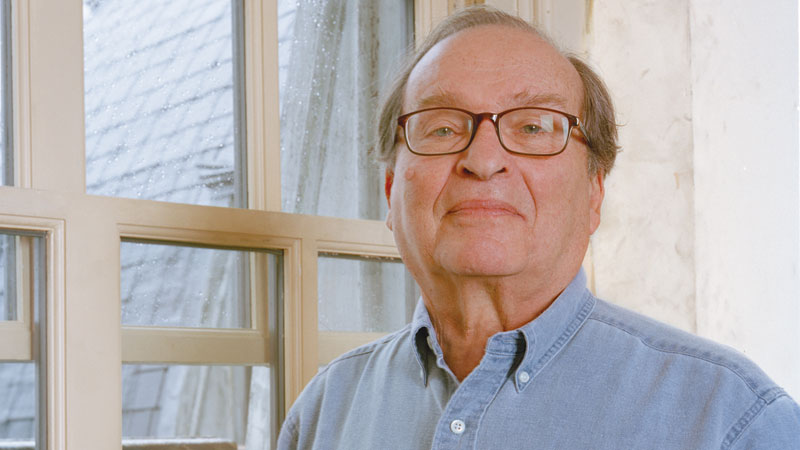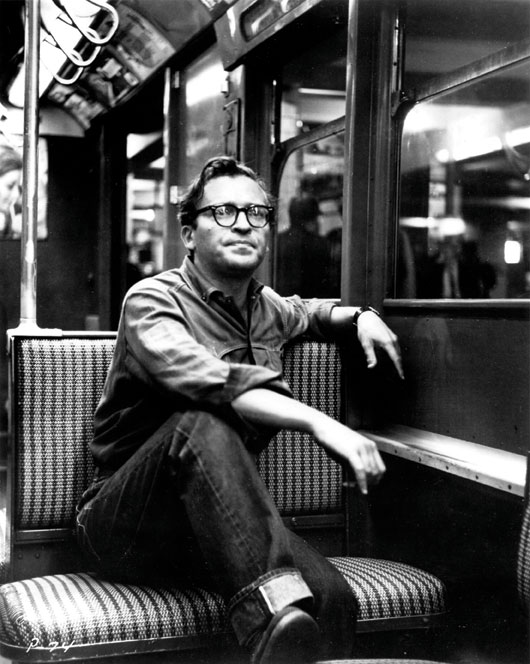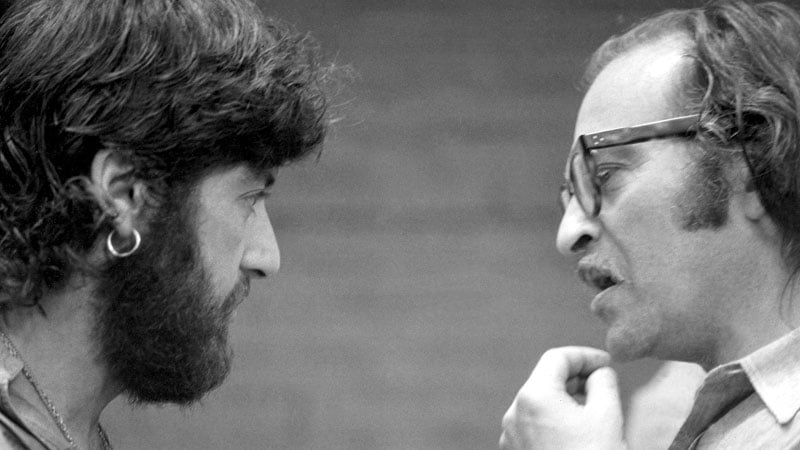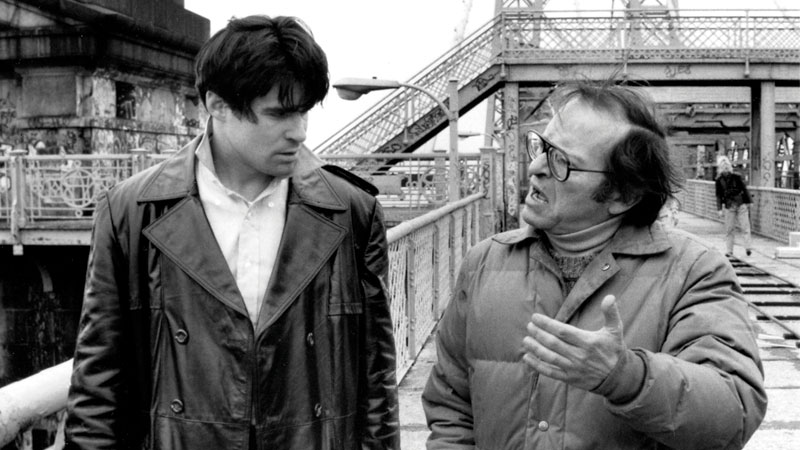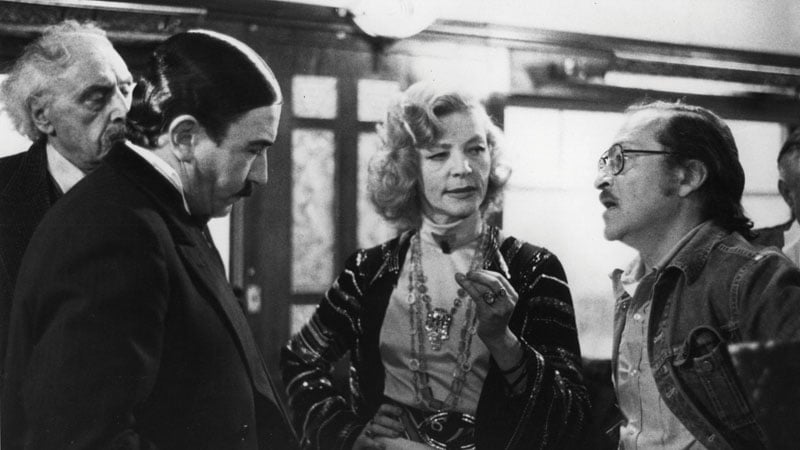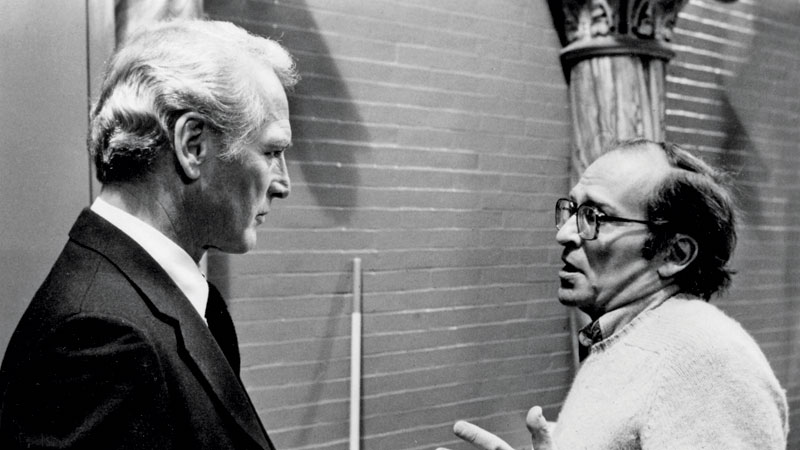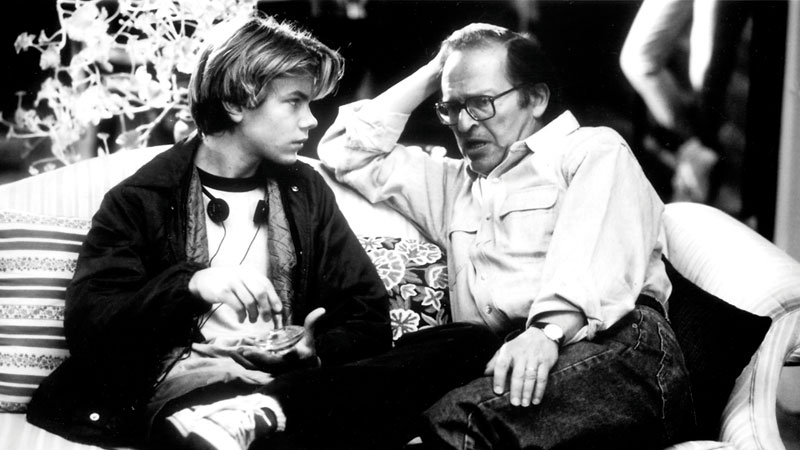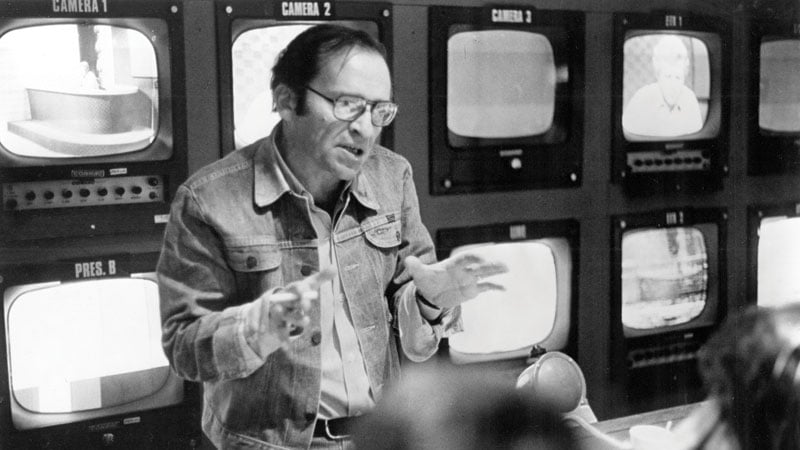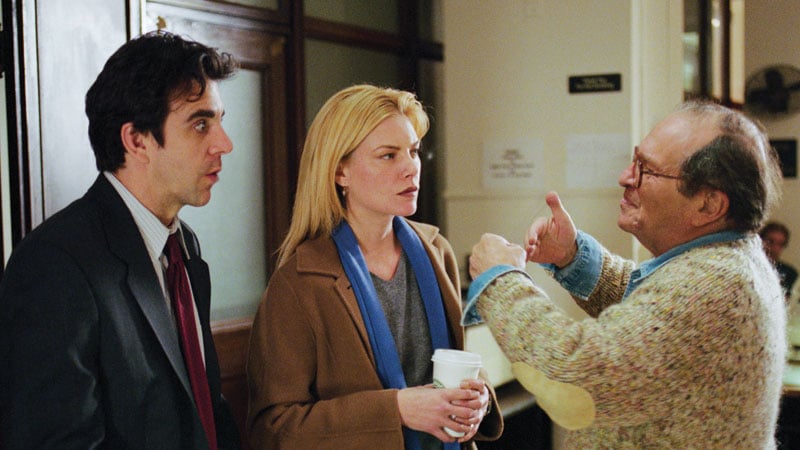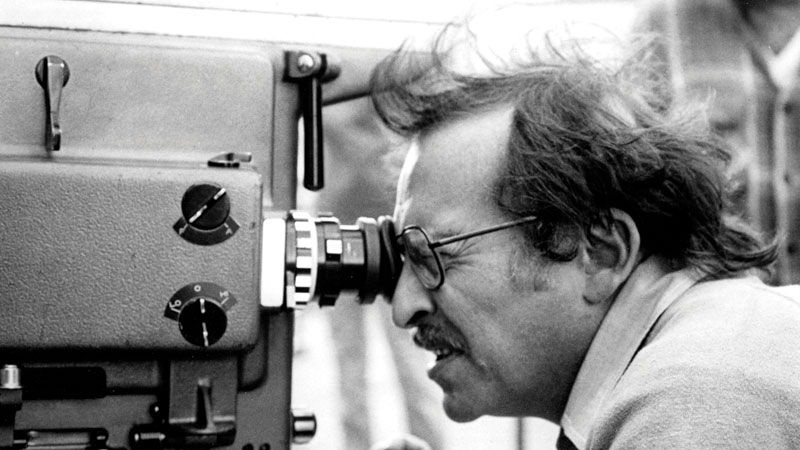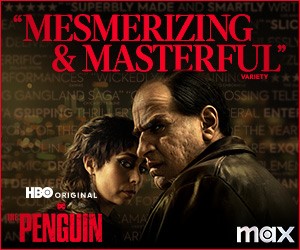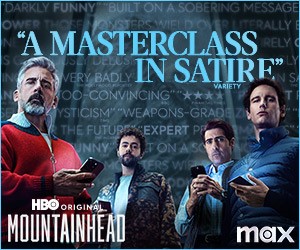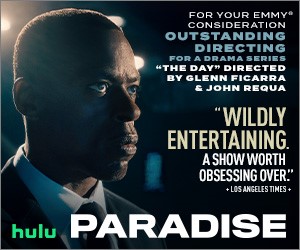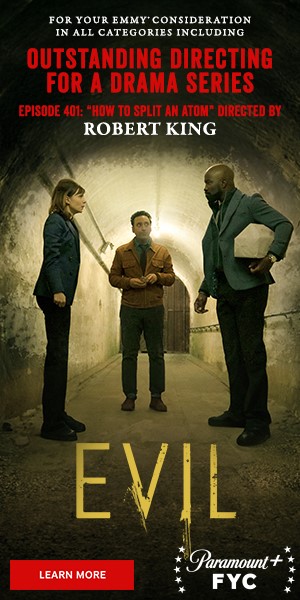On Saturday, April 9, DGA President Taylor Hackford issued the following statement upon learning of the passing of 1993 DGA Lifetime Achievement Award recipient Sidney Lumet:
“From his first feature in 1957, Twelve Angry Men, to his last feature fifty years later, Before the Devil Knows You’re Dead, Sidney Lumet experienced filmmaking with a never-wavering enthusiasm for the form, the technology and perhaps most of all, a true respect for the actor.
“Even in his 80s, Sidney had delved into high-def digital filmmaking, recognizing the possibilities the new technology offered before many of his younger counterparts. Known for making adult dramas that quickly became modern classics, he forged a special rapport with his actors which came through to the audience in the honesty of the performances. Sidney’s films often depicted the grittier side of New York, the city he loved, but he is perhaps best known for his prophetic satire, Network, which foretold the future of the television business and created one of the most memorable lines in film history.”
Born in Philadelphia in 1924, to Yiddish theater star Baruch Lumet and dancer Eugenia Wermus, Sidney Lumet acted and directed in the New York theater before making his way into television, adapting popular plays including Don Quixote and The Philadelphia Story and directing episodes of the neo-news program You Are There. He made his feature film debut in 1957 with Twelve Angry Men, featuring a powerful ensemble led by Henry Fonda. It was the first of his formidable casts that would later include Hoffman (Dustin and Philip Seymour), Newman, Connery, Pacino, Holden, Dunaway, and Fonda again—this time Jane. For his talent with actors and skill in telling a story, he was presented the DGA’s Lifetime Achievement Award in 1993.
In a 2007 DGA Quarterly interview, Lumet spoke about his directing philosophy during the 1970s when he made some of his most powerful films such as Serpico, Dog Day Afternoon, and Network. “Because I come from the theater, I always feel my obligation is to the piece, not to what I want to say. Rather, what I want to say is clear by simply the fact that I chose that piece. And the ‘what’ of what you’re saying is going to determine the ‘how.’ So that, as I said before, when you’re talking about something like Dog Day, where the obligation is, ‘Hey folks, this is really happening,’ you have to be very straight—no fake climaxes, nobody’s going to yell at anybody unless it’s a yelling situation, you’re not going to dramatize anything. You’re going to record it, essentially. And try to keep it, as best you can, the simplest, most honest, realistic statement that moment demands.”
DGA Awards:
Lumet received seven nominations for the DGA Award for Outstanding Directorial Achievement in Feature Film: Network (1976); Dog Day Afternoon (1975); Murder on the Orient Express (1974); Serpico (1973); The Pawnbroker (1965); Long Day’s Journey into Night (1962); and Twelve Angry Men (1957). In recognition of his illustrious career, the DGA honored Lumet with the Lifetime Achievement Award in 1993 for distinguished achievement in motion picture direction, and the Honorary Life Member Award in 1989 in recognition of outstanding creative achievement in the profession of directing.
